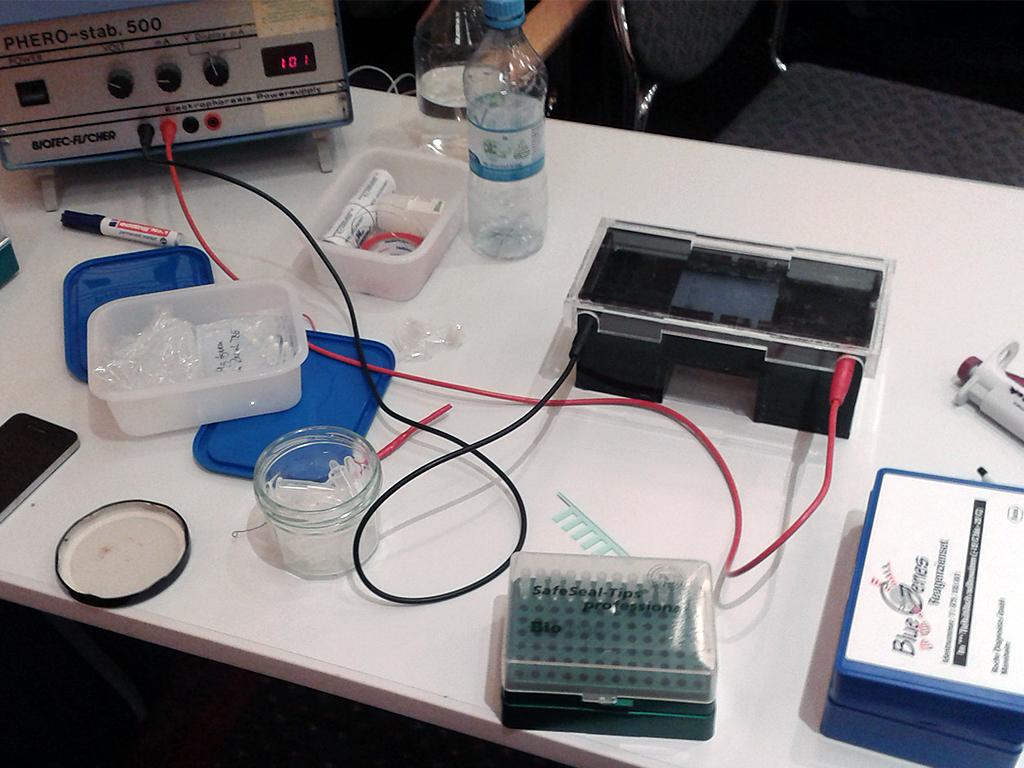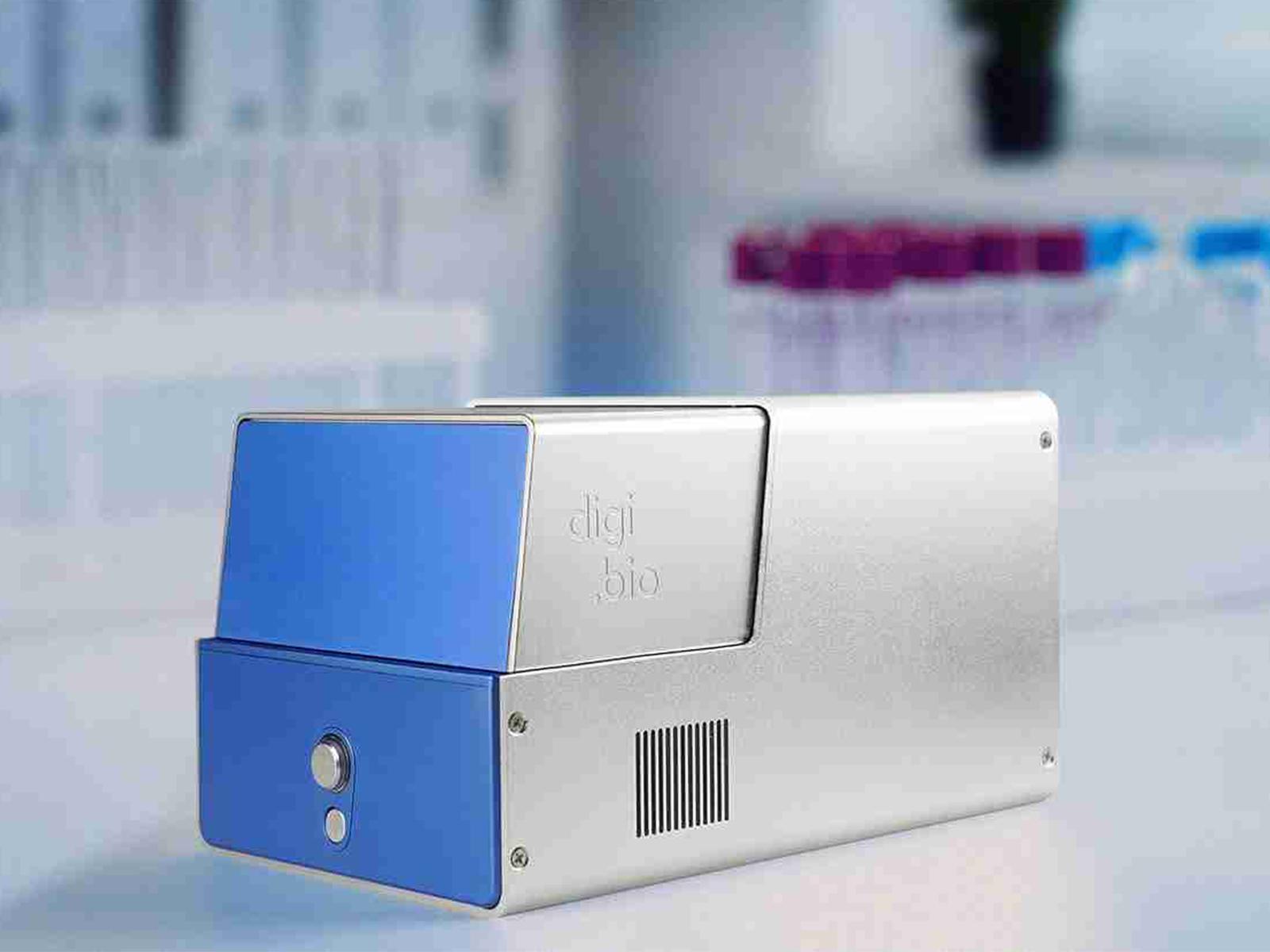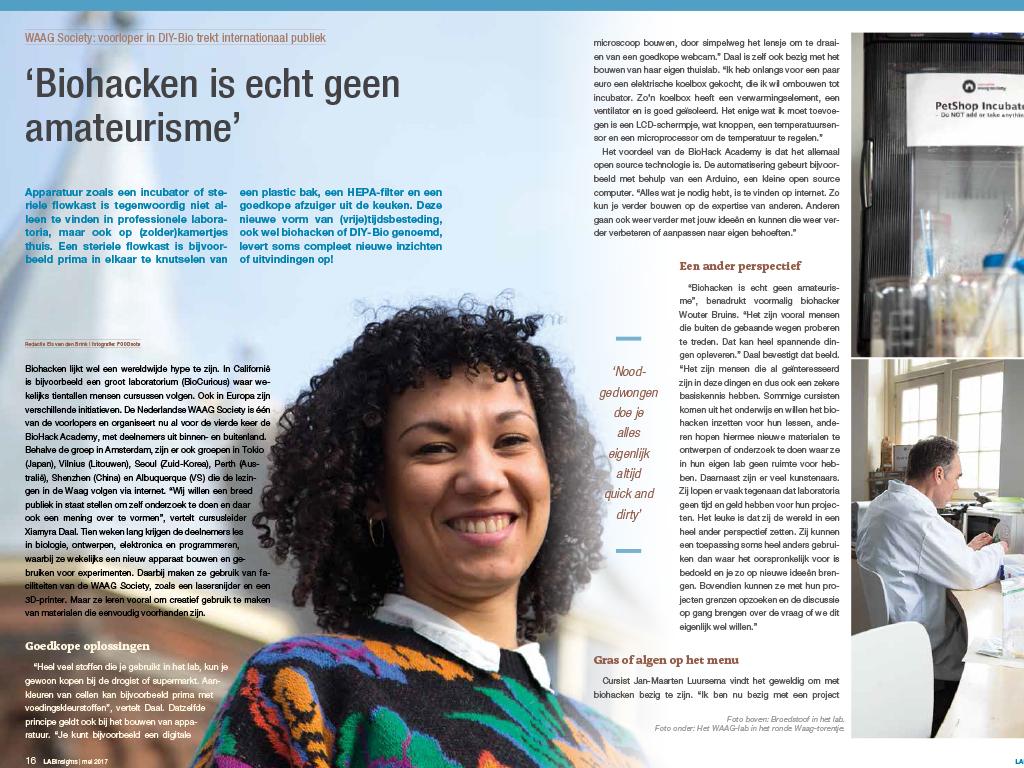In Hamburg, I learned about hacks for every piece of digital technology that I use. While sitting in the train back home, I tried to sort out the massive amount of overwhelming information, revelations and insights that were presented to me at the 30th Chaos Communication Congress (#30C3). That's hard, because never before I witnessed tech talks being interrupted dozens of times by disturbing rounds of applause. And despite of the great industrial German dance parties at the end of each day, every night ended in discussing the disruptive and mind boggling talks about our technical and political systems, beliefs and philosophical concepts that shape our society.
Tell me, is there any device or digital medium left that I can trust? How can I be sure that this very blog post will be presented to you without modification or interception by unknown parties? As shown at 30C3, any USB memory can easily be transformed into a spying device. Companies like Hacking Team and FinFisher sell governments around the world tools to attack civil rights activists. Even artists use spoofing techniques to alter the news on your screen over coffee. More over, modern day heroes like Glenn Greenwald, and Julian Assange pointed out in their keynotes undeniably that the fundamental rights of citizens and journalists are violated at enormous scale.
The definition of the Internet has become ever more blurry. Is it made for us to watch the world, or is it watching me? As the true nature of the Internet was being exposed over the weekend, it really makes you wonder what mechanisms are behind this emerged surveillance behavior. What causes these both intentionally and unintentionally poorly designed infrastructures that facilitate our daily lives to be openly exploited at a massive scale?
One thing is crystal clear. After this conference we all go home with a new sense of responsibility for the technologies we create. The good news is that apart from all the talks on security breaches and design flaws, there were also plenty of presentations about how to make strong and resilient systems and organizations. Thus, although the Internet is broken, we can fix it. It is up to us to reclaim our freedom as quickly as possible.
Finally, let's try and estimate what will happen if we project the current state of ICT on biotechnology. Imagine a society with read, write and execute rights on nature a.k.a. “living sytems”. Picture what surveillance state agencies with the ambition of monitoring every human being on the planet are capable of. Start with the bio-informatics and identity issues mentioned during our workshop session in cooperation with Biotinkering Berlin, and try to put this in the mix with yesterday's talk on upcoming brain computer interfaces. Then multiply this by the speed and scale at which the Internet changed from a transparent and public space into a privatized and obfuscated panopticon, and you must understand why open and critical biotechnology is now more needed than ever.


